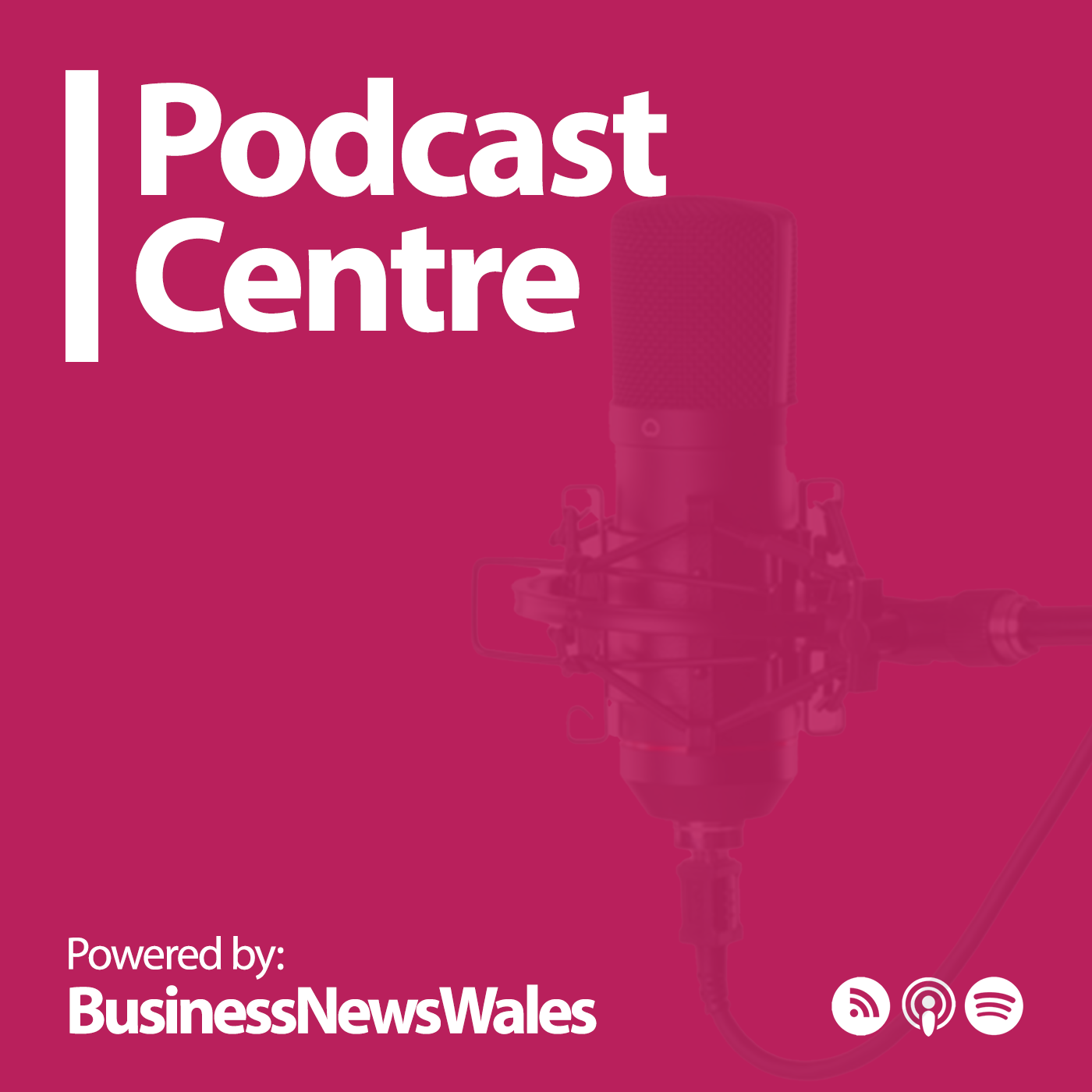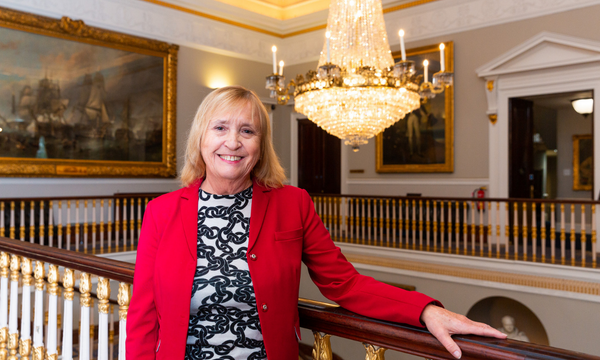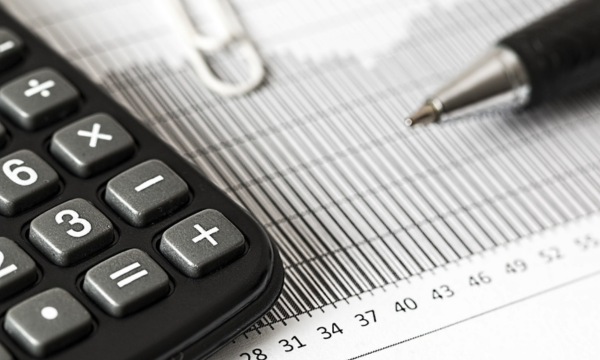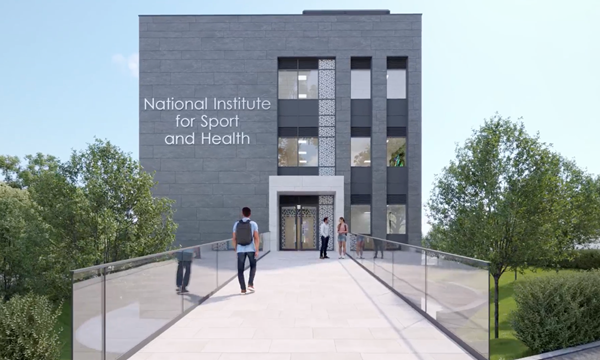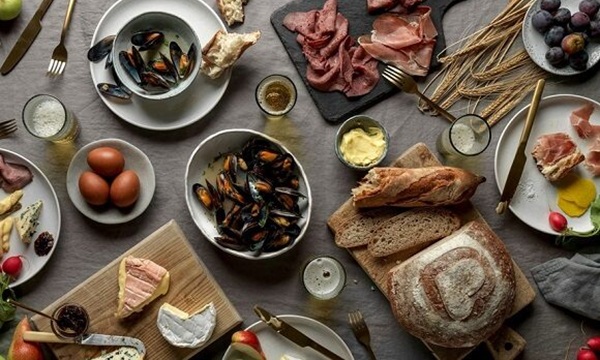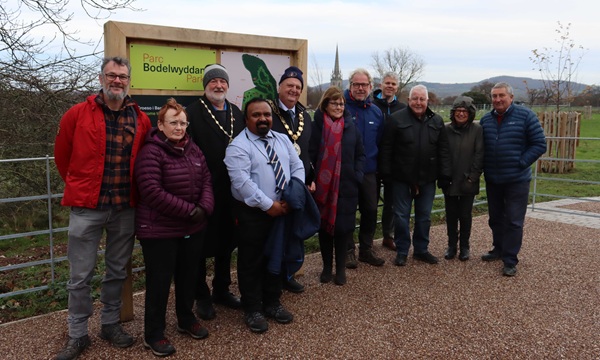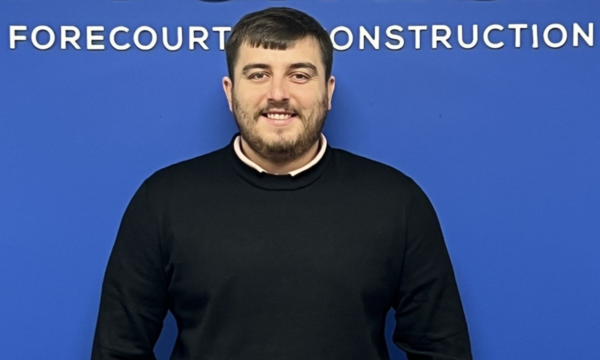Rhug Estate in North Wales is far more than an organic farm. As well as leading in sustainability, the business has innovation at its heart too.
Lord Newborough, steward of the 12,500-acre estate, has steered Rhug from traditional agriculture towards a dynamic business model that embraces organic farming, renewable energy, respected brands and direct consumer engagement.
The estate has transformed from a traditional farming operation into a business encompassing organic farming, a farm shop, a sustainable meat processing plant, and even a luxury skincare line.
Lord Newborough’s philosophy on diversification is clear:
“Diversification when you're farming is really important. We have an asset – we have land – and it's really about what else we can do with it.
“Farming is never a very easy business to be in. If you're looking at the bottom line, you're never going to be really rich with your farming. In the early days we were supplying sheep and cattle to a supermarket and I decided that rather than go indirect to servicing our customers I wanted to cut out the middleman and go direct to the customer wherever possible.
“And that started us running a burger van and a butchery out of a couple of trailers on the farm, which were meant to go out around the shows. We put them at the farm gate and by day two we found that we had a queue of people wanting to buy what we did. So those vans never moved. The business grew.
“Eventually we built a permanent farm shop, which involved adding a bistro and café, a takeaway and, more recently, a drive through, so we can sell our products direct to the customer.”
Lord Newborough has some key advice for other rural businesses considering diversification:
One significant area of diversification for Rhug has been in converting farm buildings to holiday lets, offering another source of income while utilising existing assets.
The estate has also diversified into leisure, with fishing, shooting, gorge walking and events.
Lord Newborough’s passion for the environment has taken him beyond a focus on organic farming and into renewable energy.
He said:
“We saw the advantage of wind on the coast so we have wind turbines there. We've got solar fields. We do a lot on hydro and geothermal.
“And we discovered that, because of the way we've been farming the estate over the last 23 years, we've built up big reserves of carbon in the ground, which is very gratifying.
“Now we're looking at ways we can either offset or inset our carbon with companies we already deal with. That is an important aspect which we look forward to realising in the future.”





